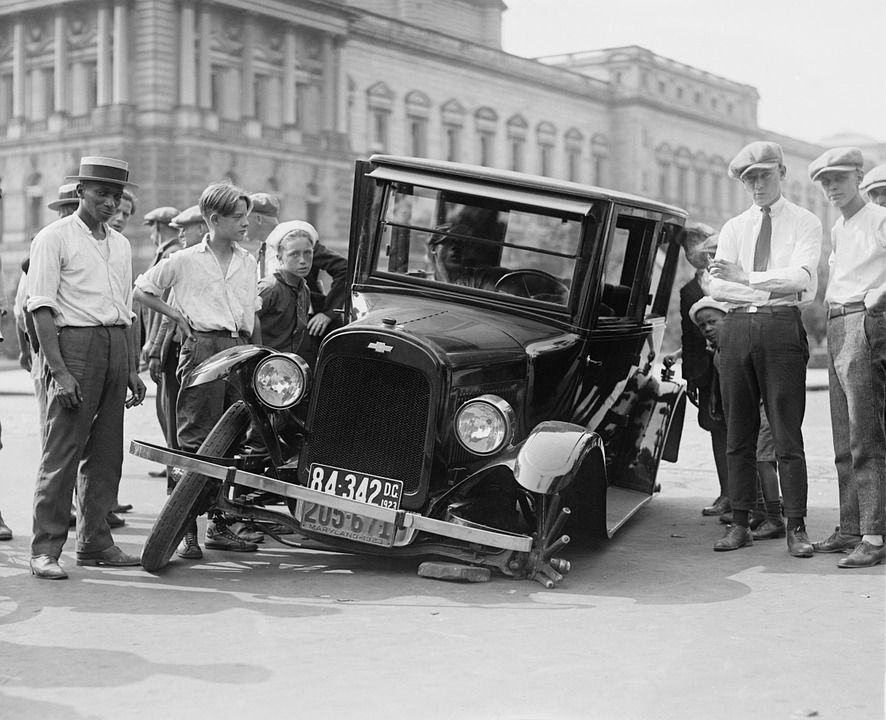Understanding Product Liability

As fun as it is to use amazing advances in technology, they aren’t always perfect. Defects are fairly common in all avenues of technology at some point. The refining of these defects leads to newer models or versions released. However, what happens to those who are stuck with defective products? Manufacturers often recall dangerous or faulty products in order to protect consumers. For example, vehicle recalls are fairly common with things such as faulty airbags, electrical systems, etc. You generally never have to pay anything for a recall service on your vehicle. It’s important to be aware of recalls and to know if one of your car’s needs to be serviced.
Defective products can be dangerous and cause thousands of injuries in the U.S. every year. There are legal rules (product liability law) concerning who is responsible for defective or dangerous parts. These rules can help in a person more easily recovering from damages or injuries. Product liability refers to a manufacturer’s or seller’s liability for placing a defective product into the hands of a consumer. It’s a law that requires that a product meet standards and expectations of a consumer. Once a product becomes unexpectedly dangerous, it no longer meets the expectations of a consumer. There is no federal product liability law but typically there are unique claim processes that vary by state.
There are three different types of defects that could cause personal injury and cause a manufacturer or supplier to be liable:
- Design Defects – These are present in a product from the beginning. Something in the design of the product is clearly unsafe.
- Manufacturing Defects – These occur in the course of a product’s assembly or manufacture before being sent to the consumer.
- Marketing Defects – These are flaws in the way a product is marketed such as wrong or inadequate safety warnings, labeling, or instructions.
By their nature, some products simply cannot be made safer without losing their effectiveness. For example, a dull electric knife would also be useless for its intended purpose. While a product might not be deemed unreasonably dangerous, manufacturers and suppliers of unavoidably unsafe products must give proper warnings of the dangers and risks of their products so that consumers can make informed decisions regarding the purchase of such products.
If you are ever injured in by a product or vehicle defect, don’t hesitate to come see our Salt Lake City product liability attorney at Handy and Handy.
